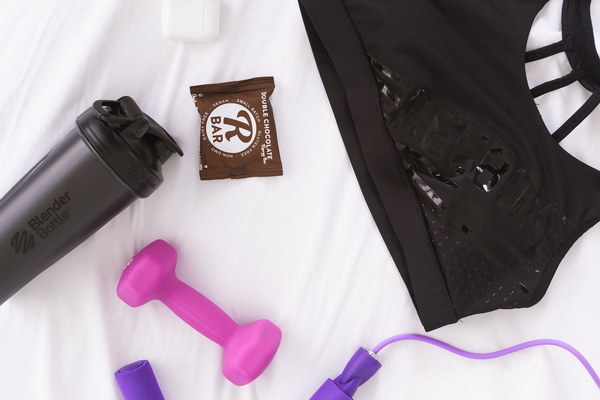Postpartum Recovery Nurturing Your Body Back to Health
Postpartum Recovery: Nurturing Your Body Back to Health
The journey of pregnancy and childbirth is a remarkable one, but it also leaves a lasting impact on the body. Postpartum recovery is a critical period where the body heals and restores itself after the demands of pregnancy and labor. This article delves into the importance of postpartum care, offers practical tips for recovery, and highlights the emotional and physical changes that new mothers may experience.
Understanding Postpartum Recovery
Postpartum recovery typically begins immediately after childbirth and can last from several weeks to several months. During this time, the body undergoes significant changes as it adjusts to the new role of motherhood. It's important to recognize that these changes are normal and that taking proper care of yourself is essential for a smooth recovery.
Physical Changes and Challenges
One of the most immediate physical changes is the loss of pregnancy weight. While the weight loss process can vary greatly, it's important to focus on healthy eating and exercise as the body regains its strength. Breastfeeding also aids in the postpartum weight loss process, as it helps to burn additional calories.
Another significant change is the recovery of the pelvic floor muscles. These muscles support the bladder, bowel, and uterus and can be weakened during childbirth. Kegel exercises, gentle stretching, and physical therapy can help in strengthening these muscles and preventing incontinence.
The uterus also needs to contract back to its pre-pregnancy size, a process known as involution. This can be accompanied by cramping and bleeding, which are normal. However, it's important to monitor the amount and color of the discharge to ensure there are no complications.
Emotional Well-being
Emotional recovery is equally important as physical recovery. Postpartum depression is a common condition that can affect up to 20% of new mothers. It's characterized by feelings of sadness, anxiety, and a lack of interest in the baby. It's crucial to seek support from friends, family, or a healthcare provider if these feelings persist.
Practical Tips for Postpartum Recovery
1. Rest and Sleep: Ensure you get plenty of rest, as sleep deprivation can exacerbate physical and emotional symptoms. Try to take short naps when your baby sleeps, and ask for help when needed.
2. Healthy Diet: Eat a balanced diet rich in protein, iron, calcium, and vitamins to aid in recovery. Hydration is also key, so drink plenty of water.
3. Regular Check-ups: Attend all postpartum check-ups with your healthcare provider to monitor your recovery and address any concerns.
4. Exercise: Gentle exercise, such as walking or prenatal yoga, can help with circulation, mood, and overall well-being. Always consult with your healthcare provider before starting any exercise regimen.
5. Support System: Build a support system of friends, family, or a postpartum doula who can help with household chores, child care, and emotional support.
6. Self-Care: Take time for yourself to practice relaxation techniques, such as meditation, deep breathing, or a warm bath.
7. Breastfeeding Support: If you're breastfeeding, seek assistance from a lactation consultant or your healthcare provider to ensure you're comfortable and successful.

Conclusion
Postpartum recovery is a delicate and transformative period in a woman's life. By focusing on physical and emotional well-being, new mothers can navigate this phase with greater ease. Remember, taking care of yourself is not selfish; it's essential for your health and the well-being of your baby. With patience, care, and support, the postpartum journey can be a beautiful transition into motherhood.









